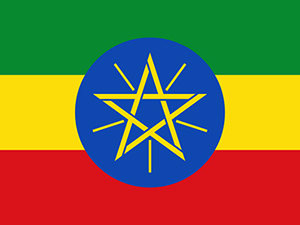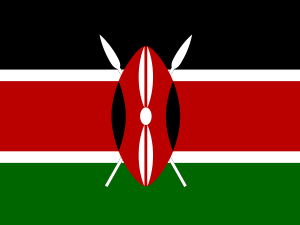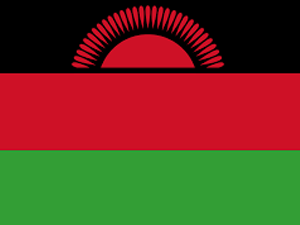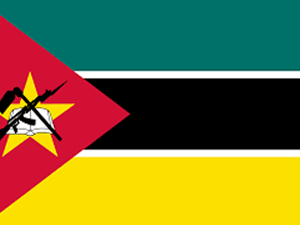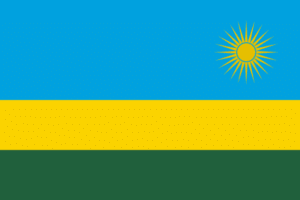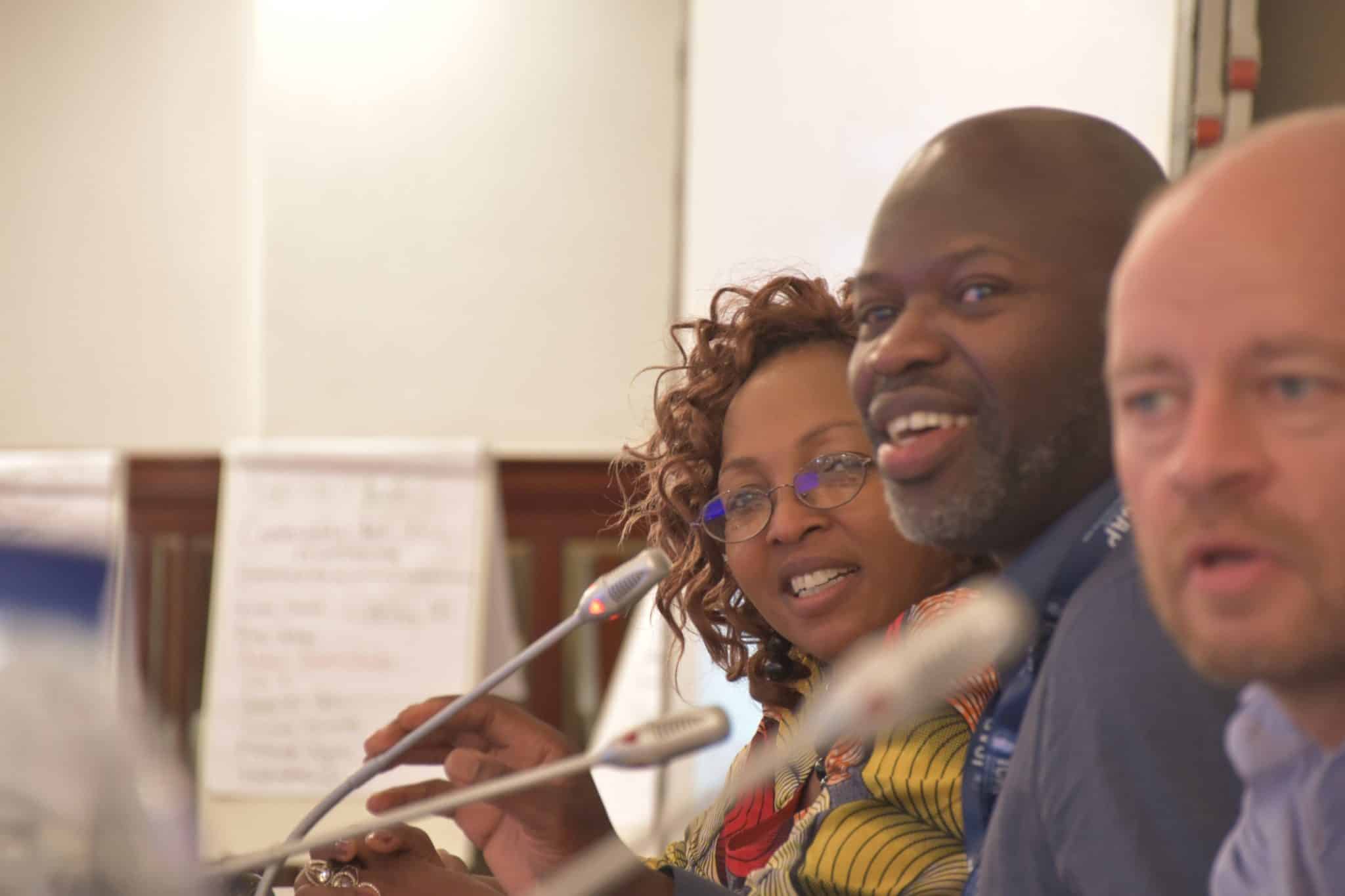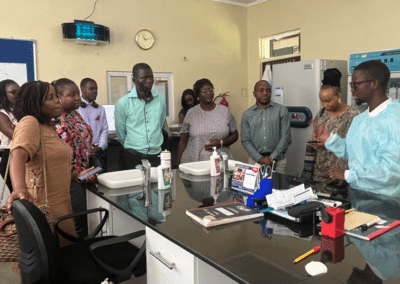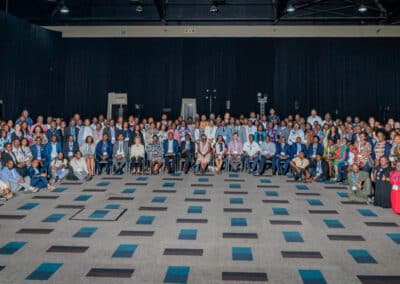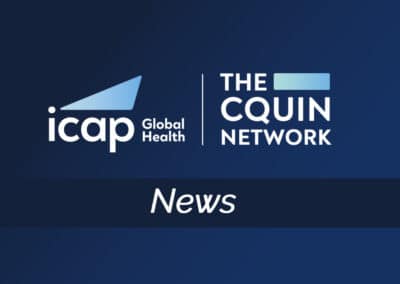Rose Kolola Nyirenda, PhD(c), is the director of the HIV Treatment Unit at the Malawi Ministry of Health, where she provides policy direction for biomedical interventions for HIV-related programs, including programs implemented by governments and other partners, such as local and international organizations. Ms. Nyirenda spoke to us about the delicate balance of implementing novel differentiated service delivery (DSD) models while supporting Malawi’s National HIV/AIDS Program, and the unique challenges she and her colleagues at the Ministry face in scaling up DSD.
Why is DSD important for Malawi?
Data has shown us that there are certain populations that we’re not able to provide comprehensive services for, such as adolescents and men living with HIV. We’ve found that these populations have lower service coverage, so it’s important that they are at the top of the agenda when it comes to developing innovative HIV programs that are going to meet their needs. Differentiated service delivery can be the answer to providing the right coverage and quality services to these groups.
What do you hope to see with regards to DSD in the next few years?
We are seeing innovative models in service delivery, some that are visibly acceptable, and some with unique challenges to scale-up and sustainability. We can adopt some of these models, even with limited resources, to provide coverage and quality services to specific groups. It’s important that we determine the cost-effectiveness of specific models. In the public sector, we plan for the future and look at how these models can be scaled up. The cost implications can have a big impact on whether we move forward with something or not. It’s very important we look at the budget and resource constraints as a country.
What are some of your unanswered questions about DSD?
I am not satisfied with coordination, and monitoring and evaluation (M&E), for DSD. Those are two areas where we need clear answers. We are seeing many innovations sprout up now, and we need to be evidence-based when evaluating these models and translating them into policy and practice. I’d want to see the models that seem reasonable be evaluated in terms of their visibility, practicality, and acceptance. We need to look at different perspectives based on the World Health Organization framework. Cost-effectiveness is important, but so are the perspectives of the patients and health care workers.
What are some challenges you’ve faced in this work?
In Malawi, we’re piloting several DSD models, but we haven’t worked them into a policy or implemented them at scale due to a lack of human resources. We don’t have the M&E systems in place yet. We also need to think about our National HIV Program. For instance, we’re implementing and scaling up the Test and Treat policy, but if we decide to scale up DSD models, how will that affect other policies and the National Program as a whole? Certain models have shown impact, especially the ones related to adolescents and teen clubs, but we’re treading carefully to ensure we have enough evidence to inform policy.
To implement DSD models that will allow us to generate adequate evidence, we have to continue to collect and analyze data to inform decision making. We don’t have electronic medical records (EMR) systems in all of our facilities, especially the district-level facilities where our antiretroviral therapy programs are decentralized and there’s a high volume of patients.
Another challenge with EMR is that some facilities don’t have electricity, so infrastructure improvements need to be considered if we want to consistently collect enough patient data. In addition to EMR, we do quarterly supervisions, where we validate facility data for all 732 sites in Malawi, which informs our M&E. If we begin implementing DSD, we need to ensure teams are collecting and analyzing the data so we can coordinate models and find out what works and what doesn’t. It is all about what models work in a particular context.
How do you see the CQUIN network helping you and your colleagues to scale up DSD in Malawi?
There are some models we have selected as key to help us meet the 90-90-90 targets. While they are still in pilot phase, one thing we need is technical assistance to look at how we can develop those models with standard operating protocols, M&E systems, and eventually scale them up. The network will allow us to tap into resources and assistance we wouldn’t normally be able to access.
Learn more about DSD in Malawi.
This interview is part of the series: Perspectives on differentiated service delivery, exploring expert views and insights into the importance of DSD in sub-Saharan Africa, and the unique challenges they face in advancing services for people living with HIV. For more updates on this series, and other network activities, sign up for our newsletter monthly newsletter.







